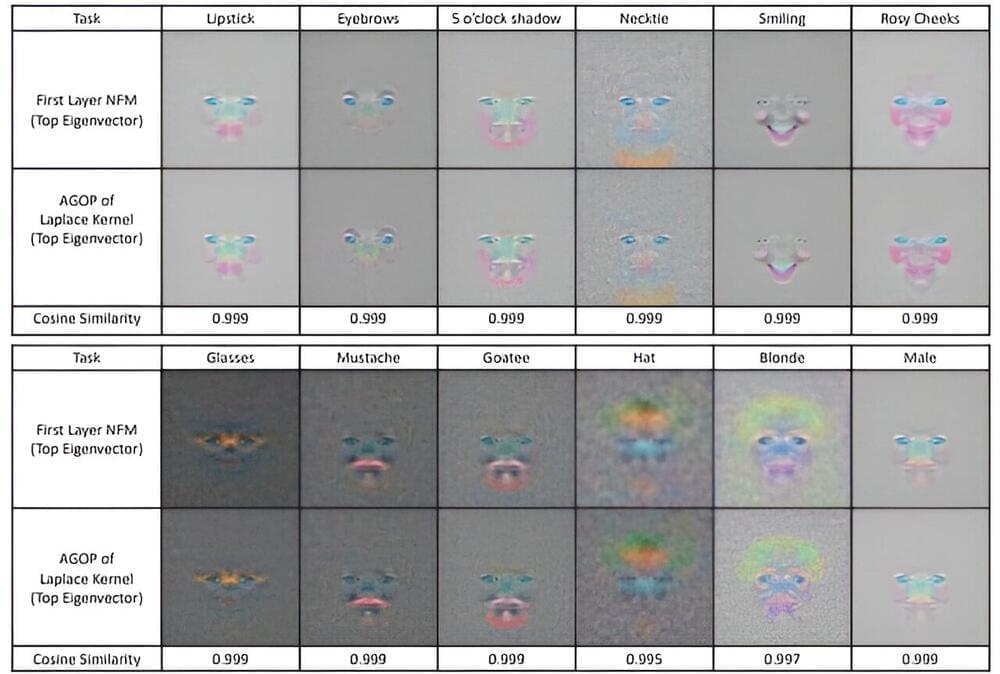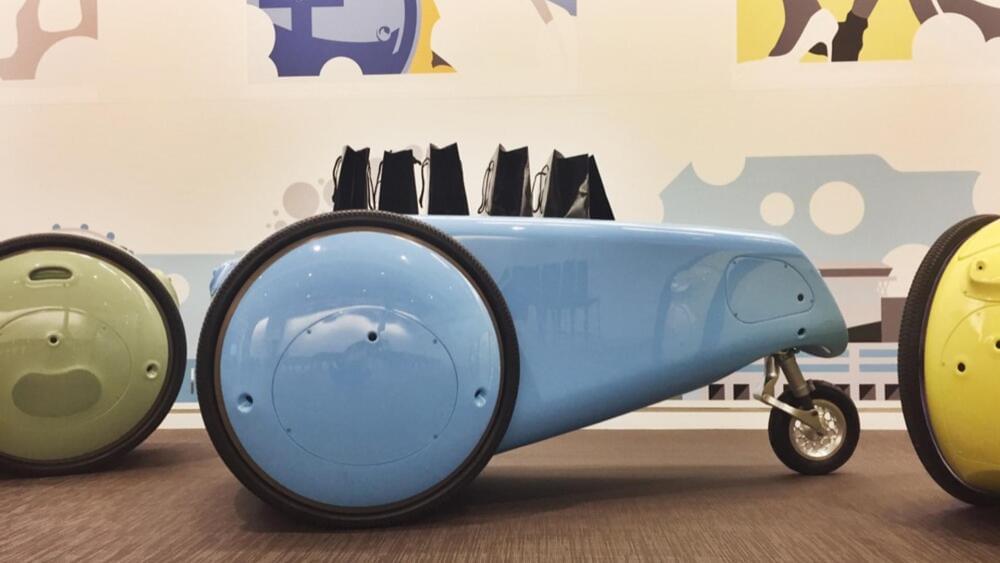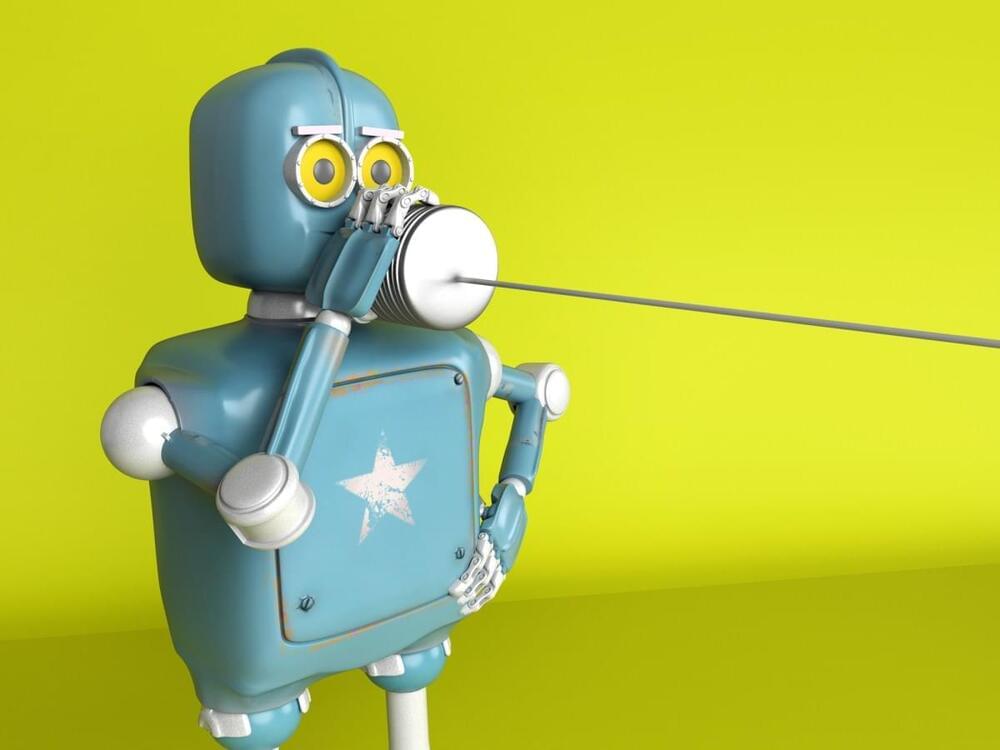A new generative artificial intelligence startup called Cognition AI Inc. is looking to disrupt coding with the launch of a new tool that can autonomously create code for entire engineering jobs, including its own AI models.
That tool’s name is Devin, and it takes the premise of GitHub Inc.’s and Microsoft Corp.’s Copilot developer tool much further, as it can carry out entire jobs on its own, rather than simply assist a human coder.
In a video (below) attached to a blog post announcing Devin, Cognition Chief Executive Scott Wu demonstrates how users can view the model in action. They can see its command line, code editor and workflow as it goes step-by-step, completing comprehensive coding projects and data research tasks assigned to it.







